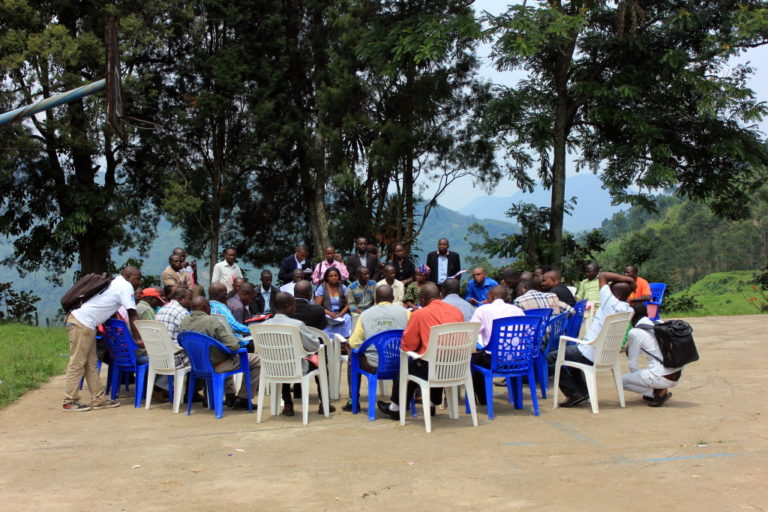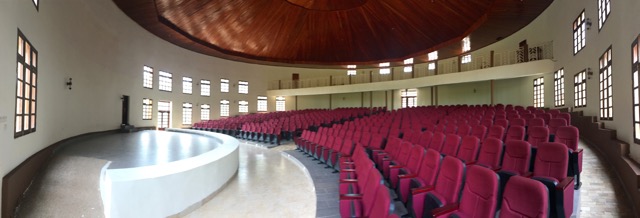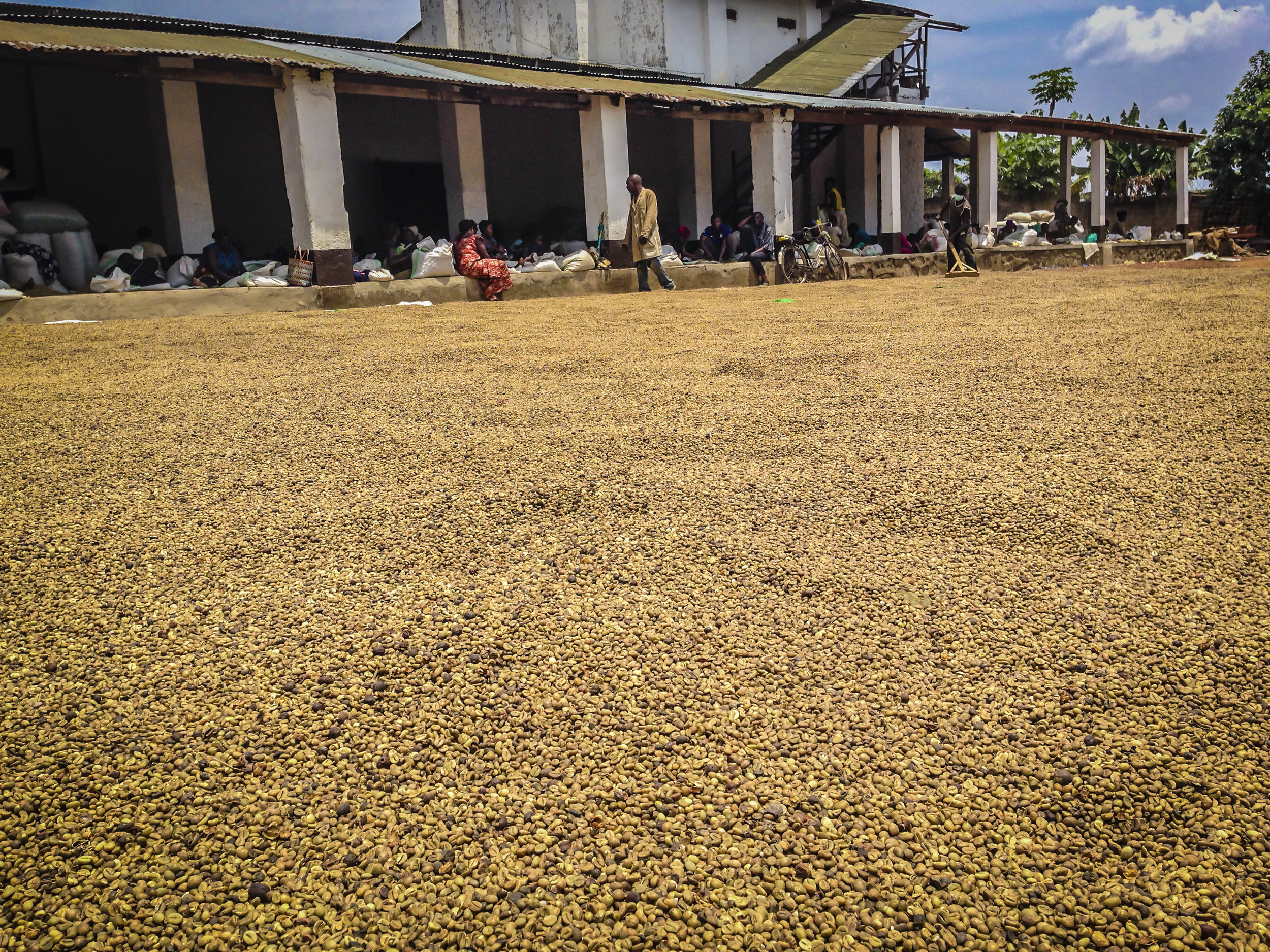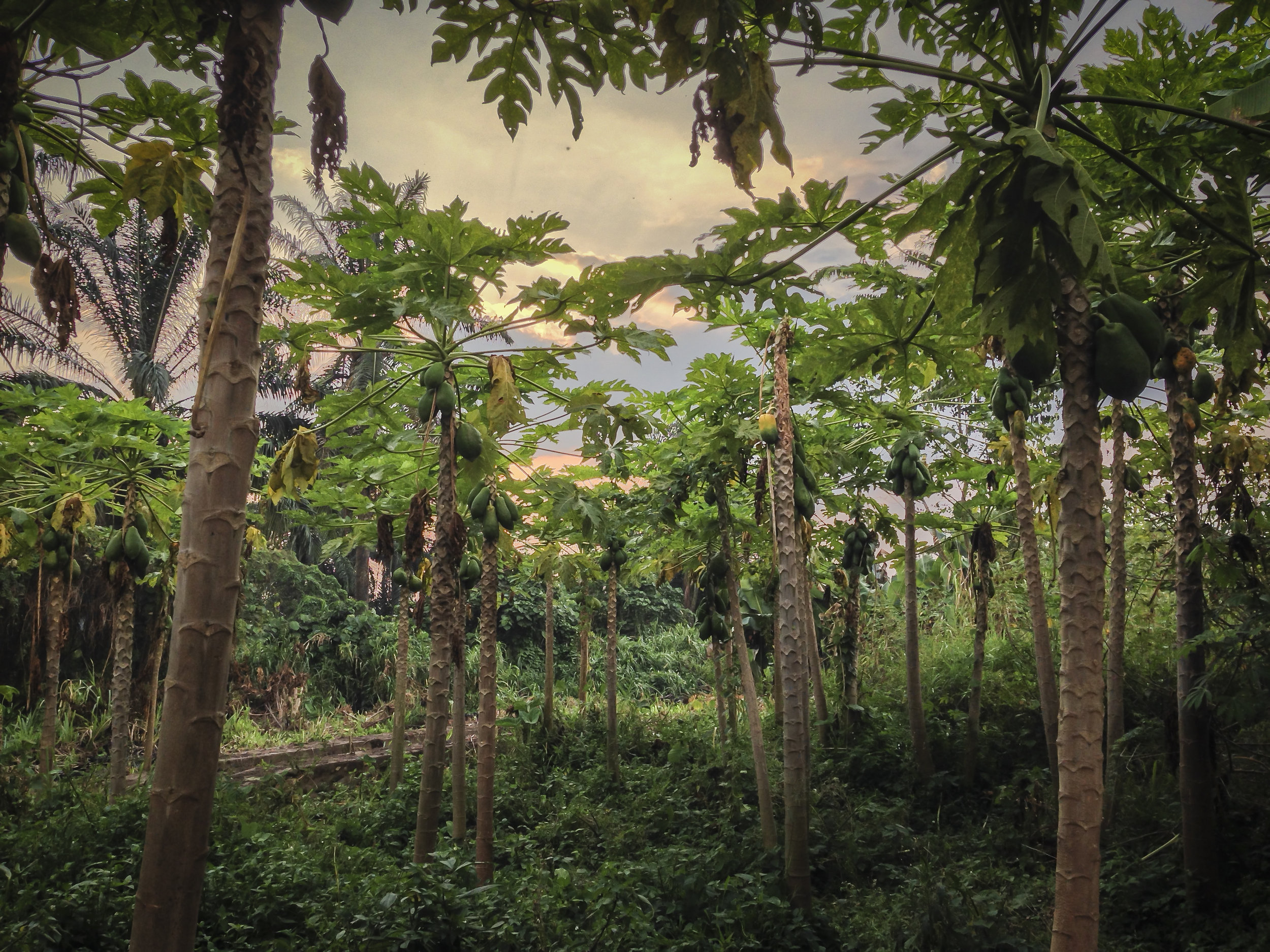Latin America & THE CARIBBEAN
CURRENT PROGRAMS:
CDF worked with research partners to conduct the following programs in Latin America:
Mexico: Focused Deterrence Impact Evaluation - A multi-year impact evaluation of focused crime deterrence interventions in Chihuahua, Ciudad Juarez, and Nuevo Leon. The primary purpose of this evaluation is to: (a) ensure accountability to stakeholders; (b) assess the direct causal impact of innovative focused deterrence crime prevention approaches; and (c) assess the conditions needed for successful and focused crime deterrence implementation in Northern Mexico.
Mexico: Learning for Local Crime and Violence Prevention - The purpose of the learning activity is to support local stakeholders to examine the contribution of multi-sectoral, municipal prevention strategies and local system strengthening efforts for sustainable reductions in crime and violence rates, and use the lessons learned to adapt policies and programming. This learning activity will also provide an understanding of crime and violence trends in Mexico as well as their drivers.
Link to completed programs.
CDF partners with organizations to implement programs to combat violence and promote peace through food security, local organizations, and youth engagement in communities struggling to recover from conflict.
Salvadoran youth participating in teamwork activities as part of our Youth Development project.
A Mayan family in a coffee-growing community in Guatemala participating in our garden education activities.
CDF and local partners completed the Planting Seeds of Peace program in El Salvador.










